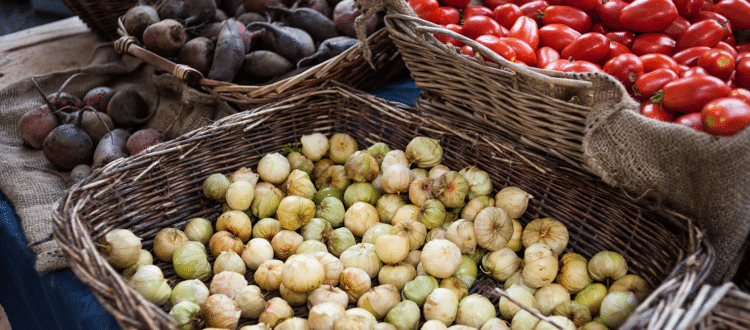
Better nutrition
Apr 6, 2018
Taking the mystery out of eating well
Here are some basic guidelines for better nutrition…
Making healthier life choices can be overwhelming. So where do you start when trying to form better nutrition and food habits? With these basic rules for better nutrition: eat fresh, local and/or organic, non-GMO whole foods and avoid processed and refined foods.
1. Eat nutrient-dense foods that are worth your body’s effort to digest and absorb
Nutrient-dense food is anything whole; real food that your grandparents would recognize – something that’s not very processed, and that’s full of micro-nutrients (vitamins, minerals, enzymes) and macro-nutrients (fat, protein, fiber, complex carbohydrates). Think fresh or frozen fruits and vegetables, whole grains, fish, lean animal protein, etc. Rarely does food from a can, bag or box really count as nourishing food.
2. Food is healthier if it has fewer chemicals on it, so eat organic when feasible
Review the Dirty Dozen and Clean Fifteen lists produced annually by the Environmental Working Group. EWG singles out produce with the highest pesticide loads for its Dirty Dozen™ list. This year, it is comprised of strawberries, spinach, nectarines, apples, grapes, peaches, cherries, pears, tomatoes, celery, potatoes, bell peppers. Each of these foods tested positive a number of different pesticide residues and showed higher concentrations of pesticides than other produce items.
The Clean Fifteen™ list of produce least likely to hold pesticide residues consists of avocados, sweet corn, pineapple, cabbage, onions, frozen sweet peas, papayas, asparagus, mangoes, eggplant, honeydew melons, kiwis, cantaloupe, cauliflower, and broccoli. Relatively few pesticides were detected on these foods, and tests found low total concentrations of pesticides on them.
3. Refrain from eating genetically modified foods
I don’t trust genetically modified foods. There have been few long term studies on safety. Just as the overuse of antibiotics has lead to resistant bacteria, the overuse of pesticide/ herbicide-resistant foods could lead to resistant bugs/ weeds. Corn, soy, beet sugar, and vegetable oils are most likely genetically modified unless you buy organic or “Non-GMO Project Verified.” More information can be found at GMO Free CT.
4. Eat seasonally and locally
Support your local farms and give your body event fresher foods, specifically for each season of our yearly cycle. Try several farmer’s markets in your area and find your favorite!
5. If your body doesn’t like it, don’t eat it
If you feel as though a certain food or food group doesn’t work for you, then don’t eat it! Many people feel that they should be able to eat whatever they want, but sometimes what we ‘want’ irritates and inflames us (i.e. wheat, tomatoes, peppers). Please, tune in to your body, learn what doesn’t work well for you, and respect that learning by choosing to eat what nourishes you.
